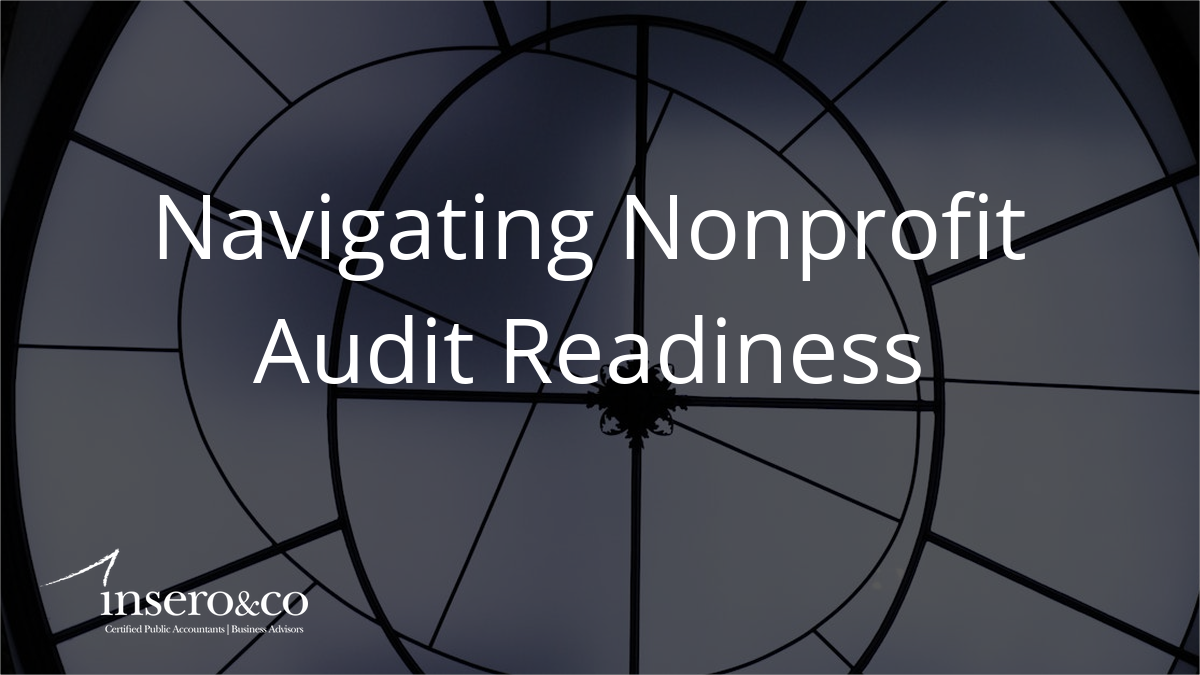ARTICLE | June 30, 2023
The Financial Accounting Standards Board (FASB) has issued a proposed Accounting Standards Update (ASU), Financial Instruments – Credit Losses (Topic 326): Purchased Financial Assets, which is intended to improve the accounting for purchased financial assets.
Since the issuance of ASU No. 2016-13, which introduced the new standard for measuring credit losses on financial instruments, the FASB has monitored and assisted stakeholders with its implementation through its post-implementation review (PIR) process. Through that process the FASB heard feedback that the accounting for financial assets acquired in a business combination or asset acquisition should be reconsidered.
Financial assets acquired through a business combination, an asset acquisition, and the consolidation of a variable interest entity that is not a business are initially recorded at fair value, and an allowance for expected credit losses is separately recognized. Any purchase discount or premium is subsequently accreted or amortized to interest income.
Under current GAAP, if a purchased financial asset has experienced a more-than-insignificant deterioration in credit quality since origination, it is accounted for under the purchased credit deteriorated (PCD) model, which requires an entity to record an allowance with an offsetting entry as an addition to the amortized cost basis (rather than credit loss expense on the income statement). As a result, the initial amortized cost basis for PCD assets is an amount equal to the sum of the purchase price and the allowance for expected credit losses (commonly referred to as the gross-up approach). Applying the gross-up approach results in the amount embedded in the purchase price attributable to expected credit losses being excluded from interest income.
If instead the purchased financial asset has not experienced a more-than-insignificant credit deterioration since origination, it is accounted for in a manner consistent with an originated financial asset. The initial amortized cost basis for non-PCD assets is equal to the purchase price. An allowance is separately recorded through a charge to credit loss expense equal to the total amount of expected credit losses in the period of acquisition. The purchase discount or premium, if any, is subsequently recognized as interest income using the effective interest rate as of the acquisition date.
The FASB heard from investors and preparers that having two accounting models for purchased financial assets is unnecessarily complex. These stakeholders also noted that assessing whether credit has deteriorated since origination is subjective and inconsistently applied, which creates comparability issues and diminishes the decision usefulness of financial information. In addition, the accounting for non-PCD assets has been described as unintuitive because a loss is recorded upon the acquisition of financial assets without more-than-insignificant deterioration in credit quality since origination, whereas no loss is recorded upon the acquisition of financial assets with more-than-insignificant deterioration in credit quality since origination.
The proposed ASU would address these concerns by (1) eliminating the credit deterioration criterion and (2) requiring application of the existing gross-up approach to all acquired financial assets, with certain limited exceptions (such as available-for-sale debt securities).
The proposed amendments would be applied on a modified retrospective basis to the beginning of the fiscal year that an entity has adopted the amendments in ASU 2016-13. A cumulative-effect adjustment, if necessary, would be recorded as of the later of (1) the beginning of that reporting period and (2) the beginning of the earliest period presented. The FASB will determine the effective date and whether early adoption will be permitted for the proposed amendments after it considers its stakeholders’ feedback.
Stakeholders are encouraged to review and provide input on the proposed ASU by August 28, 2023.
Do you have questions or want to talk?
Call us at (800) 232-9547 or fill out the form below and we’ll contact you to discuss your specific situation.
This article was written by RSM US LLP and originally appeared on 2023-06-30.
2022 RSM US LLP. All rights reserved.
https://rsmus.com/insights/financial-reporting/proposal-to-improve-accounting-for-purchased-financial-assets.html
RSM US Alliance provides its members with access to resources of RSM US LLP. RSM US Alliance member firms are separate and independent businesses and legal entities that are responsible for their own acts and omissions, and each are separate and independent from RSM US LLP. RSM US LLP is the U.S. member firm of RSM International, a global network of independent audit, tax, and consulting firms. Members of RSM US Alliance have access to RSM International resources through RSM US LLP but are not member firms of RSM International. Visit rsmus.com/aboutus for more information regarding RSM US LLP and RSM International. The RSM(tm) brandmark is used under license by RSM US LLP. RSM US Alliance products and services are proprietary to RSM US LLP.

Insero & Co. CPAs, LLP is a proud member of RSM US Alliance, a premier affiliation of independent accounting and consulting firms in the United States. RSM US Alliance provides our firm with access to resources of RSM US LLP, the leading provider of audit, tax and consulting services focused on the middle market. RSM US LLP is a licensed CPA firm and the U.S. member of RSM International, a global network of independent audit, tax and consulting firms with more than 43,000 people in over 120 countries.
Our membership in RSM US Alliance has elevated our capabilities in the marketplace, helping to differentiate our firm from the competition while allowing us to maintain our independence and entrepreneurial culture. We have access to a valuable peer network of like-sized firms as well as a broad range of tools, expertise, and technical resources.
For more information on how Insero & Co. CPAs can assist you, please call (800) 232-9547.




